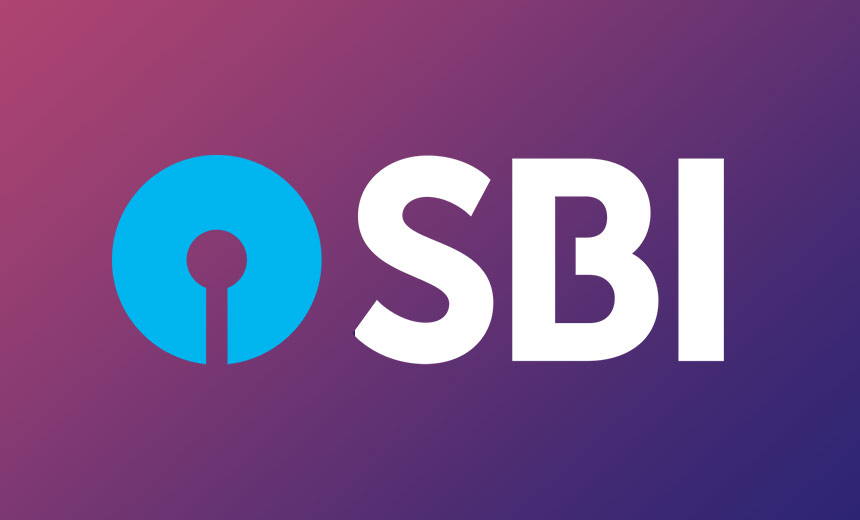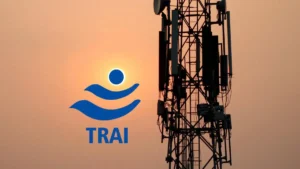The government gave its approval for the 21st tranche of electoral bonds to be issued, and the bonds’ sales. In an effort to increase openness in political fundraising, electoral bonds have been proposed as a substitute for financial contributions to political parties.
Buy Prime Test Series for all Banking, SSC, Insurance & other exams
Key Points:
- With effect from July 1 to July 10, State Bank of India (SBI), in the 21st phase of sale, has been granted authorization to issue and encash electoral bonds through its 29 authorised branches, according to a statement from the finance ministry.
- SBI branches in Lucknow, Shimla, Dehradun, Kolkata, Guwahati, Chennai, Patna, New Delhi, Chandigarh, Srinagar, Gandhinagar, Bhopal, Raipur, and Mumbai are among those that have been authorised.
- Gujarat and Himachal Pradesh are scheduled to hold their assemblies this year. In this year’s March, elections were completed for five states: Uttar Pradesh, Uttarakhand, Punjab, Himachal Pradesh, and Goa.
About the Bond Sales:
- Bond sales for the 20th tranche were held from April 1 to April 10, 2022. 2018 March 1–10 saw the selling of the initial batch of electoral bonds.
- The only bank permitted to issue electoral bonds is SBI.
- A voting bond is valid for 15 days after it is issued.
- If the bond is deposited after the validity time has passed, no payment will be given to any political party, according to the statement.
- Electoral bonds can be used to finance registered political parties that received at least 1% of the votes cast in the most recent Lok Sabha or legislative assembly elections.




 End of an Era: Steel Veteran Jatinder Me...
End of an Era: Steel Veteran Jatinder Me...
 Which City is known as the Seafood Capit...
Which City is known as the Seafood Capit...
 TRAI Marks 29th Foundation Day 2026
TRAI Marks 29th Foundation Day 2026








